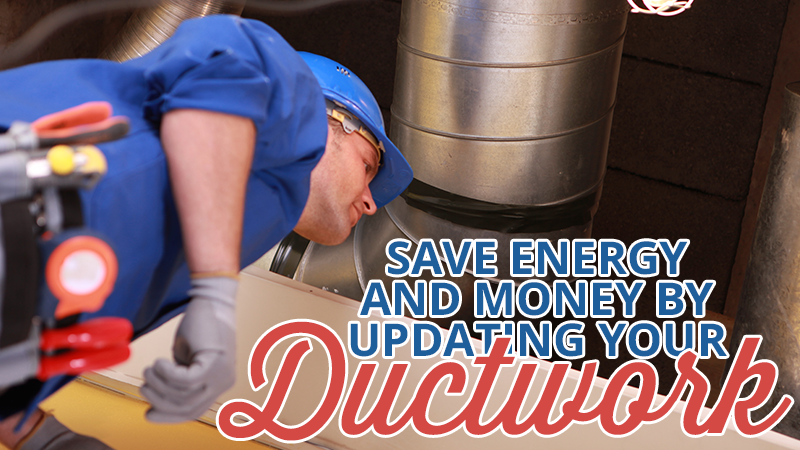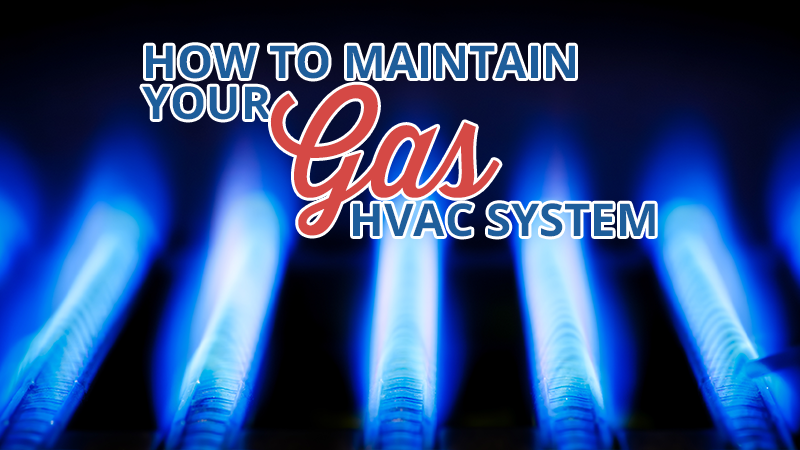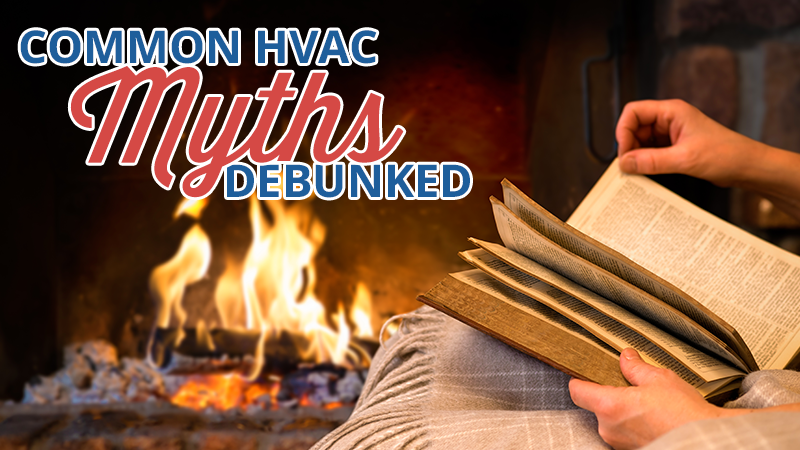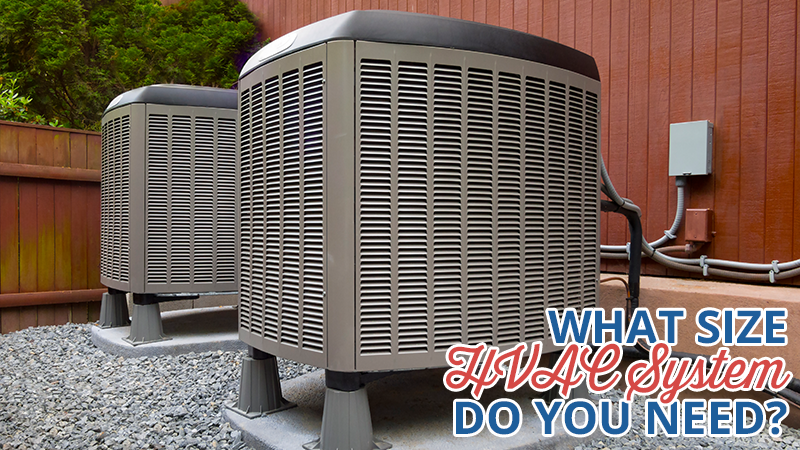
by RevContent | Jan 28, 2016 | HVAC Contractor
You’ve heard that leaky ductwork is inefficient, but do you realize that replacing faulty ducts can save you a good deal of money on an ongoing basis? If you live in an older home that has never benefited from a ductwork upgrade, or a newer home that seems to have poorly designed ductwork, then there could be significant savings in your future! Cost Savings Your heating and cooling bills can be some of the most expensive parts of owning your home, especially in periods of peak usage like late winter and mid-summer. If your energy bills over the past few years have skyrocketed with no real change in your habits, your ducts may be to blame. While it would be nice to think that everyone can get a huge benefit from upgrading their ducts, you need to have a qualified HVAC contractor review your particular situation and make a recommendation before you decide to make major changes. Stay Healthy Inside Poor ductwork may be more than just a money drain — they may also be costing you and your family your health. Dirty air can infiltrate ducts and contaminate your indoor air. If you have dust or pollen allergies, this type of backdraft can make those problems even worse. Mold is another concern with aging ductwork and one that also can cause an allergic reaction. Some types of mold are quite toxic and can cause an excessive reaction, a problem that repairing or replacing those old ducts can really help alleviate. Dash Those Hot Spots If there are certain places in your home that you just cannot seem to get cooled...

by RevContent | Jan 14, 2016 | Furnace, HVAC Contractor
Keeping your home toasty warm in the winter is serious business, and you want to be sure you’re getting the very best heating option for your particular circumstances. The two key types of heating sources prevalent in America today are a heat pump and a furnace. While both options are excellent for different reasons, depending on your needs, one is bound to jump out as the perfect solution for you. Type of Fuel and Efficiency Heat pumps are powered only by electricity while furnaces have a range of different options. If you live somewhere without easy access to natural gas, propane or fuel oil, and aren’t interested in chopping wood for a wood furnace, your only option is an electric heat pump. If you live in the city, you will definitely have more options. Heat pumps are much more energy efficient when compared to a gas fireplace. Where You Live Depending on the part of the country that you live in, one particular type of heating mechanism may be better than the other. Heat pumps are best for locations that have relatively mild winters as they can lose efficiency when the temps get too cold. Electric heat is not able to keep up with extremely cold weather, so a furnace is your best option if you’re high in the mountains or in the northern states. Safety While both heating options are quite safe, the heat pump has the added benefit of not producing carbon monoxide gases. Heat pumps don’t have any combustible parts either, unlike a furnace. Furthermore, the air quality may be better with a clean-running heat pump....

by RevContent | Dec 17, 2015 | Furnace
If you have a gas HVAC system, you know that it has many benefits, such as energy efficiency and fewer greenhouse gas emissions. You might even think that your gas heating system is maintenance free. While it does typically require less maintenance than oil burning furnaces, your gas HVAC system should be serviced annually. Follow these tips for handling problems that may arise. Weak or Poorly Functioning Pilot Light If the pilot light on your gas heater is weak, flickering, or goes out entirely, your heater needs immediate attention. Here are the most common reasons for pilot light problems. Improper Air Mixture: Healthy pilot lights have a steady blue flame. Natural gas flames may have a slight yellow tip to the flame. If your flame is yellow, flickers or makes excessive noise, there is likely too much or too little air in the gas mixture. Shut off the gas supply and call your HVAC contractor at Metro Comfort Systems to adjust the air flow in the gas line. Clogged Lines: If the flame on your pilot light is small or goes out completely, you may have a clogged line or clogged connections in your gas heater. That means it is time to call in the professionals to give your system a proper cleaning. Do not try to rectify clogged lines yourself. Your HVAC contractor has the tools and expertise to do this safely. Out of Gas: Before you assume there is a problem with your gas heater, always check that you have gas in the tank. Calling the HVAC contractor in the middle of the night to repair a system...

by RevContent | Dec 3, 2015 | Furnace
Under ideal conditions, your HVAC system keeps you warm and toasty in the winter. But sometimes things go awry and your system doesn’t function as well as it should. You may be surprised to learn that your false beliefs about your HVAC system may be keeping it from performing at its peak. Check out these common myths and get the facts about how your HVAC system works. Myth: You Can Clean Your Air Filters Instead of Replacing Them If you are only concerned with how clean your air filters look, vacuuming them will do the trick, but when it comes to the efficiency of your heating system, looks aren’t important. Vacuuming removes surface dirt, but it doesn’t remove the fine particles trapped in the filter. Your furnace will still have a difficult time forcing air through the filter. To keep your furnace running smoothly, replace the air filter at least once per year or as recommended by your HVAC technician. Myth: You Should Close the Vents to Unused Rooms It seems logical to close the vents to rooms you are not using to avoid wasting heated air. But the truth is that closing off vents in rooms disrupts the air pressure in the duct work and causes your system to work harder to do its job. Adjust the dampers in the duct work to each branch instead. These dampers are typically located at the beginning of each branch of duct work and can be adjusted by a simple turn of the handle. Typically a handle that is parallel to the duct work is fully open and a perpendicular handle indicates the...

by RevContent | Nov 12, 2015 | Uncategorized
You depend on your central air conditioning and heating system to keep you cool in the summer and warm in the winter. Under normal circumstances, that is exactly what it does. There are times, however, when your cooling or heating efficiency may suffer, leaving you wondering if you have the right size system for your home. One size does not fit all You might be tempted to think that the heating and cooling system your friend or neighbor raves about is right for you, too. But when it comes to heating and cooling systems, one size does not fit all. The size and condition of your home has a big impact on how easy it is to heat or cool. Unless you live in a housing development where all the homes are the same size and in the same condition, forget using your neighbor’s experience in determining the right size heating and cooling system for you. Determining the Size of an HVAC System While there are formulas to follow to get a quick rule of thumb for the size of the HVAC system you need, there are many factors beyond the square footage of your home that must be considered. Consider these factors when deciding whether your current heating and cooling system is the right size for you: Geographic Location. The outside temperature is a major factor when considering heating and cooling of your home. Those who live in the south may require a larger cooling system, while heating is the main factor for those who live in the north where temperature drop to subzero levels in winter. Age of Your...







Recent Comments